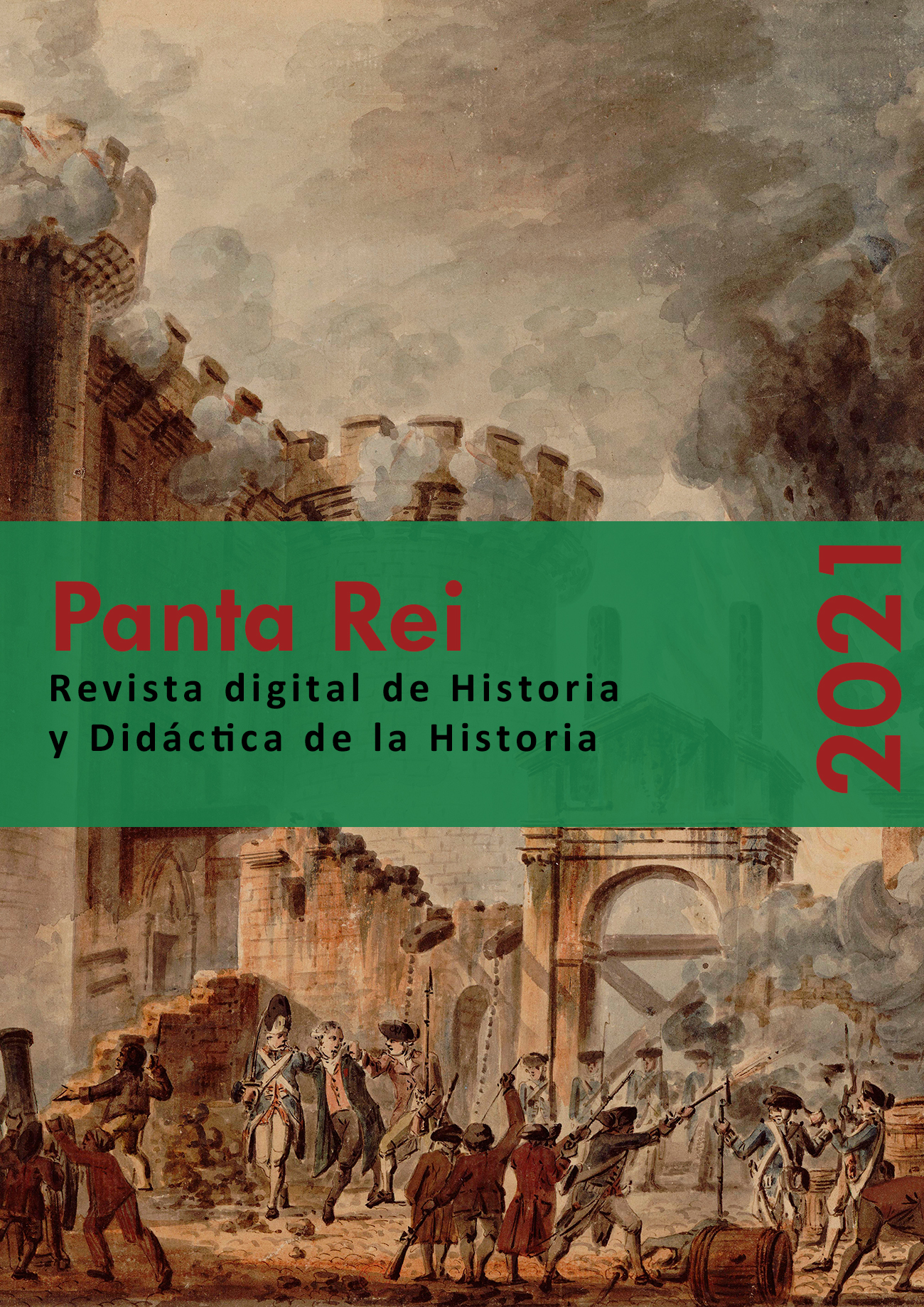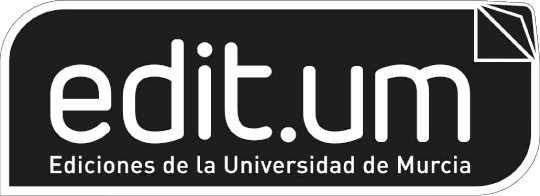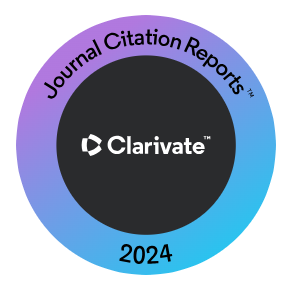Development of historical consciousness. A practical teaching experience and evaluation proposal for Adult Education
Abstract
The development of historical consciousness linked to historical thought, a fundamental issue in the teaching of history, is addressed in this research. To carry it out, an exhaustive conceptualization of the competences of consciousness and historical thought has been developed, with the aim of evaluating their progress in a group of seventeen history students in Adult Education. The evaluation has been made from a didactic proposal designed for this purpose and implemented throughout the 2019-2020 academic year. The results show that, through the applied methodology, based on historical inquiry and interpretation activities, students can improve their levels of consciousness and historical thinking. In addition, it is found that, despite being two different aspects of historical knowledge, both competence groups progress in a parallel and complementary way.
Downloads
-
Abstract3922
-
PDF (Español (España))1371
-
EPUB (Español (España))593
References
Aguirre, M. C. (2014). Estudios educativos sobre la conciencia histórica: temas y problemas. Revista Internacional de Ciencias Humanas, 3(2), 25–33.
Barca, I. (2013). Conciencia histórica: pasado y presente en la perspectiva de los jóvenes en Portugal. Clío & Asociados. La Historia Enseñada, 17, 16–26. https://doi.org/10.14409/cya.v1i17.4170.
Belando-Montoro, M. R., Barros R. y Lampreia, F. (2020). Adult learning and education in Spain and Portugal: an interpretative study of doctoral theses (2006-2018). International Journal of Lifelong Education, 39(5-6), 511-527. DOI: 10.1080/02601370.2020.1817165
Bizquerra, A. R. (2014). Metodología de la investigación educativa. Editorial La Muralla.
Braudel, F. (1970). La Historia y Las Ciencias Sociales. Alianza Editorial.
Bury, J. (2009). La idea del progreso. Alianza Editorial.
Carretero, M., y Montanero, M. (2008). Enseñanza y aprendizaje de la historia: Aspectos cognitivos y culturales. Cultura y Educación, 20(2), 133–142.
Dilthey, W. (1978). Introducción a las ciencias del espíritu, Obras Completas, Vol.I. Fondo de Cultura Económica.
Domínguez, J. (2015). Pensamiento histórico y evaluación de competencias. Editorial Graó.
Duquette, C. (2011). Le rapport entre la pensée historique et la conscience historique. Élaboration d’un modèle d’interaction lors de l’apprentissage de l’histoire chez les élèves de cinquième secondaire des écoles francophones du Québec. Tesis Doctoral. Quebec: Université Laval.
Duquette, C. (2015). Relating Historical Consciousness to Historical Thinking Through Assess-ment. En K. Ercikan y P. Seixas (eds.), New Directions in Assessing Historical Thinking (pp. 51-63). Routledge.
Fernández, J.A. (2000). El redescubrimiento de la Educación Permanente. Educación XXI, 3, 21-51.
Freire, P. (2015). Pedagogía del oprimido. Siglo XXI.
Gadamer, H. G. (2003). El problema de la conciencia histórica. Editorial Tecnos.
Jarvis, P. (2010). Adult education and lifelong learning: Theory and Practice (4th ed.). Routledge.
Kolb, D. A. (1984) Experiential learning: Experience as the source of learning and development. Prentice Hall.
Kolb, D. y Kolb, A. (2017). The Experiential Educator: Principles and Practices of Experiential Learning. EBLS Press.
Kölbl, C. y Konrad, L. (2015). Historical Consciousness in Germany: Concept, Implementation, Assessment. En K. Ercikan y P. Seixas (eds.), New Directions in Assessing Historical Thinking (pp. 17-28). Routledge.
Kölbl, C. y Straub, J. (2001). Historical Consciousness in Youth. Theoretical and Exemplary Empirical Analyses. Forum Qualitative Social Research, 2(3), art. 9. https://www.qualitative-research.net/index.php/fqs/article/view/904/1975
Koselleck, R. (1993). Futuro pasado. Para una semántica de los tiempos históricos. Editorial Paidós.
López Bajo, H. y Martínez-Rodríguez, R. (2019). El desarrollo de competencias históricas en la educación de adultos: una propuesta de intervención a través de proyectos de investigación histórica. En M. J. Hortas, A. Días y N. de Alba, Enseñar y aprender didáctica de las ciencias sociales: la formación del profesorado desde una perspectiva sociocrítica (pp. 90-101). AUPDCS-ESELX.
López-Facal, R., Gómez, C. J., Miralles, P. y Prats, J. (2017). Educación histórica y desarrollo de competencias. Editorial Graó.
Lukacs, J. (1968). Conciencia histórica o el pasado recordado. Schocken Book.
Martínez-Rodríguez, R. y Sánchez-Agustí, M. (2018). La enseñanza de la historia reciente en la adquisición de competencias para una ciudadanía democrática. En C. Gómez y P. Miralles (eds.), La educación histórica ante el reto de las competencias. Editorial Octaedro.
Mezirow, J. (1991). Transformative dimensions of adult learning. Jossey-Bass
Miguel-Revilla, D. y Sánchez-Agustí, M. (2018a). Conciencia histórica y memoria colectiva: marcos de análisis para la educación histórica. Revista de Estudios Sociales, 65, 113-125. DOI: 10.7440/res65.2018.10.
Miguel-Revilla, D. y Sánchez-Agustí, M. (2018b). Modelos de conciencia histórica en el alumnado de Educación Secundaria: tradición, simbología y contextualización en torno a los restos del franquismo. Panta Rei. Revista Digital de Ciencia y Didáctica de la Historia, 8, 119-142. DOI: 10.6018/pantarei/2018/6.
OCDE (2009). Habilidades y competencias del siglo XXI para los aprendices del nuevo milenio en los países de la OCDE. OECD Education Working Papers, 41, 1-17.
Pagès, J. (2019). Enseñar historia, educar la temporalidad, formar para el futuro. El Futuro Del Pasado, 10, 19–56.
Pagès, J. y Santisteban, A. (2008). Cambios y continuidades: aprender la temporalidad histórica. En M. A. Jara (coord.), Enseñanza de la Historia. Debates y Propuestas (pp. 91-127). UNCOMA.
Plá, S. (2005). Aprender a pensar históricamente. La escritura de la historia en el bachillerato. Editorial Plaza y Valdés.
Prost, A. (2016). Doce lecciones sobre Historia. Editorial Comares.
Ricoeur, P. (2010). La memoria, la historia, el olvido. Editorial Trotta.
Rüsen, J. (2008). History: Narration, Interpretation, Orientation. Berghahn Books.
Sánchez-Domenech, I. (2015). La Andragogía de Malcom Knowles: Teoría y Tecnología de la Educación de Adultos (tesis doctoral). Universidad Cardenal Herrera-CEU.
Santisteban, A. (2010). La formación en competencias de pensamiento histórico. Clío & Asociados, 14, 34-56.
Seixas, P. (2017). Historical Consciousness and Historical Thinking. En M. Carretero, S. Berger y M. Grever (eds.), Palgrave Handbook of Research in Historical Culture and Education (pp. 59-72). Palgrave Macmillan.
Seixas, P. y Morton, T. (2013). The Big Six Historical Thinking Concepts. Nelson Ed.
Wineburg, S. (2001). Historical Thinking and Other Unnatural Acts: Charting the Future of Teaching the Past. Temple University Press.
Copyright (c) 2021 María Sánchez-Agustí, H´´ector López Bajo, Rosendo Martínez-Rodríguez

This work is licensed under a Creative Commons Attribution-ShareAlike 4.0 International License.
All the contents published in this journal are subject to an Attribution-ShareAlike 4.0 International (CC BY-SA 4.0) Creative Commons License. You are free to: Share — copy and redistribute the material in any medium or format, Adapt — remix, transform, and build upon the material, for any purpose, even commercially. Under the following terms:
Attribution — You must give appropriate credit, provide a link to the license, and indicate if changes were made. You may do so in any reasonable manner, but not in any way that suggests the licensor endorses you or your use.
ShareAlike — If you remix, transform, or build upon the material, you must distribute your contributions under the same license as the original.
Full text of the license is available in: Creative Commons License 











